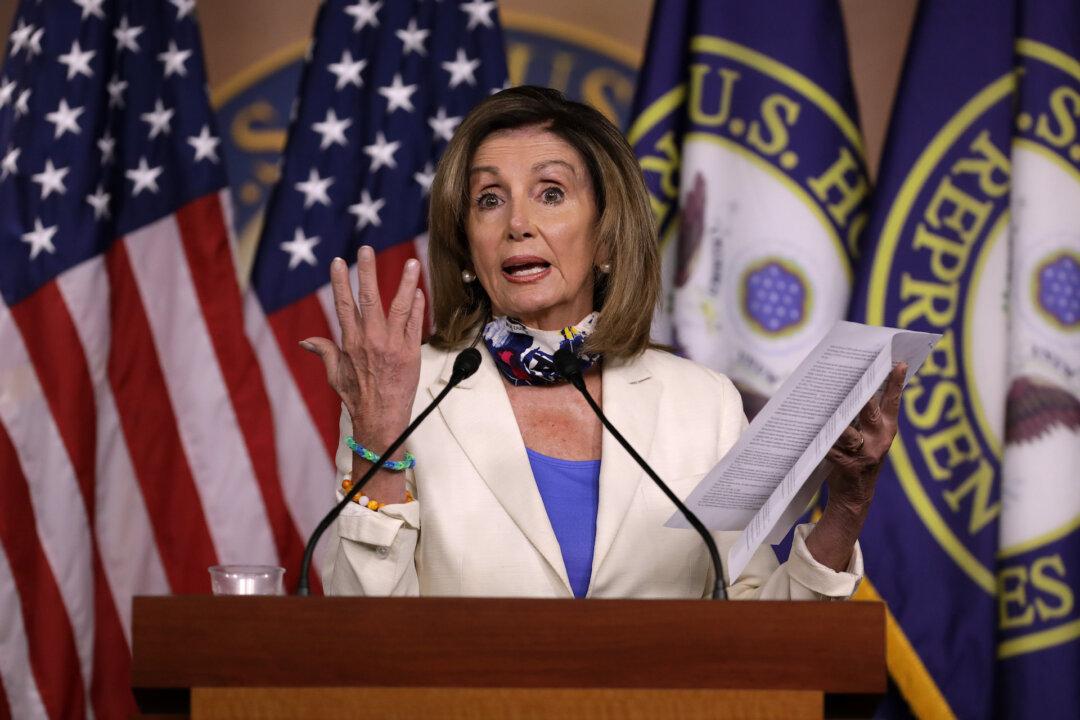WASHINGTON—Democrats and Republicans are divided over an additional $600 per week in coronavirus unemployment benefits as the July 31 deadline nears.
The CARES Act, passed in March, substantially expanded unemployment insurance to help workers who lost their jobs due to the pandemic. The bill has provided a $600 weekly pay boost on top of regular unemployment insurance benefits. The bonus is set to expire unless the federal government extends it.





